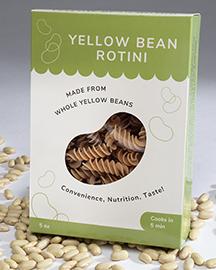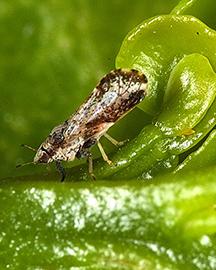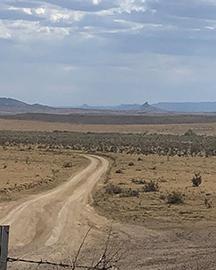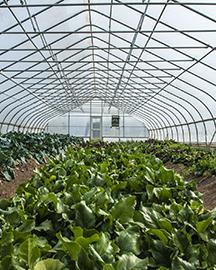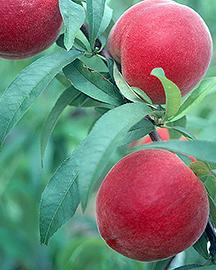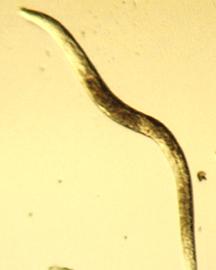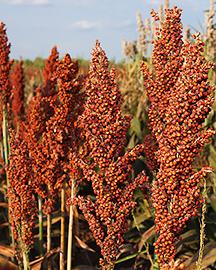Silicon: It’s Not Just for Chips Anymore
Silicon is famously central to the technology industry, but scientists at the Application Technology Research Unit in Wooster, OH, are discovering that it could be a key contributor to agriculture, too. The element, which occurs naturally in soil, is readily available and supports a number of plant biological functions. Working with colleagues from the University of Toledo, the scientists have found that silicon can help plants reduce their vulnerability to toxic heavy metals, make them more resistant to heat and cold, and aid them in fighting off powdery mildew, a widespread fungus that often reduces crop yields.
One way silicon does this is by causing plants to increase production of key compounds called histidine-rich defensins. Armed with a better understanding of how silicon can help plants, the researchers will provide growers with an additional tool to protect their crops – one without the harmful environmental side effects of some other methods of controlling pests and pathogens. The final result will be a win for plants, farmers, and the environment.
Related Information
Publication: Silicon supplementation induces expression of a histidine-rich defensin gene family in Nicotiana tabacum


